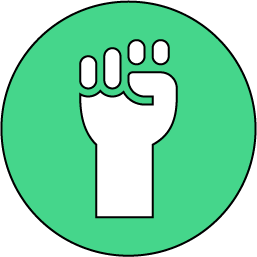?
Need Help?

Unsure where to find trustworthy legal information in British Columbia? This guide he…

In British Columbia, if you're under 19, you can be sued or start a lawsuit but you’l…

Not sure which level of government handles what in British Columbia? This youth-frien…

Not sure if you have a legal issue? This guide helps youth in British Columbia identi…

Learn how to handle legal issues in British Columbia with confidence. This guide outl…

Discover your rights and responsibilities at each age in British Columbia—from school…